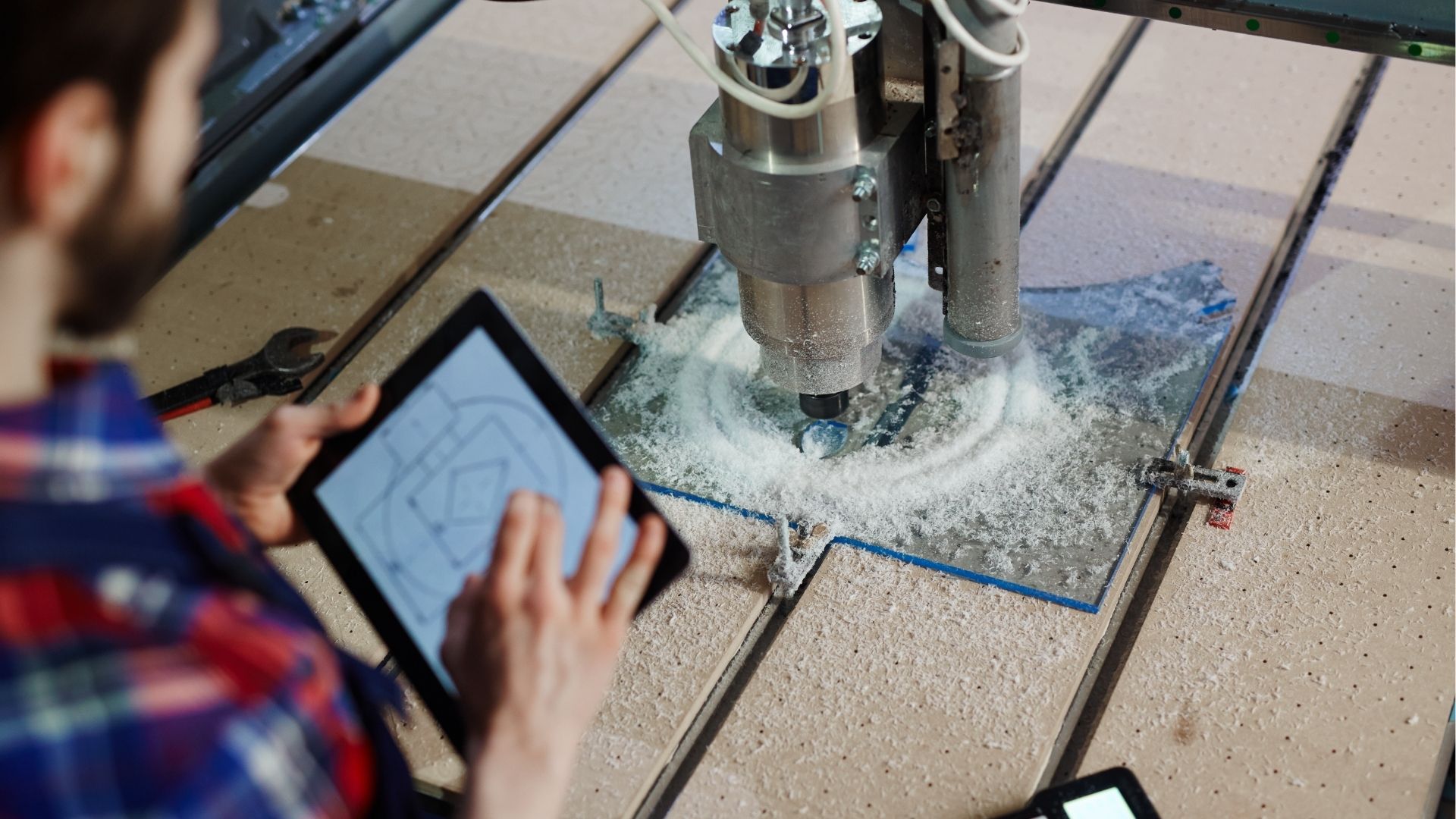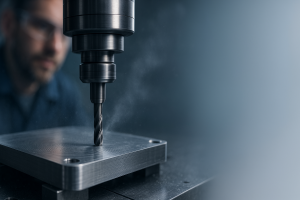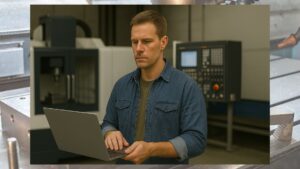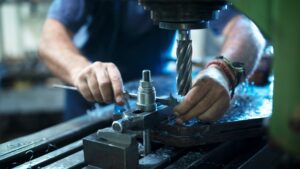No Responses
June 10, 2025
Casting is one of the oldest and most reliable methods in manufacturing. When paired with CNC machining, it becomes even more versatile and precise. Whether you’re shaping a simple part or preparing a component for
precision machining, choosing the right metal is crucial.
Each metal behaves differently during the casting process.
Here’s a breakdown of nine commonly used metals in casting that you’ll often see across industries like automotive, aerospace, heavy equipment, and more.
1. Grey Iron (Common for CNC Milling Machining)
Grey iron has held the same importance in the field for decades. It’s used by everyone in every field, whether it’s CNC machining in Brisbane or CNC milling in another city.
It’s because of the strength and thermal conductivity. Along with this, grey iron gives amazing vibration damping here in terms of engine blocks, housing, and other pipe fittings.
Grey iron is a reliable choice for high-volume parts. So, we list it as the first metal when it comes to the most used metals in CNC machining.
2. Ductile Iron
Ductile iron builds on grey iron with one major advantage, which is its improved flexibility. Both of these irons have different uses, and you can use one as per the situation. While grey iron is hard, ductile iron can handle the shock in a better way. Also, it doesn’t crack easily.
This makes it suitable for aerospace products and heavy-duty applications. Some places where it’s widely used also include hydraulic parts.
In
CNC milling machining, ductile iron responds well to machining and gives a good surface finish. So, it’s usually used when you need accuracy.
3. Aluminium Alloys
Aluminium alloys are probably the most used metals in CNC machining after iron, and it’s easy to see why. They’re lightweight, strong enough for most jobs, and very machinable. If your parts need to be turned around fast without compromising quality, aluminium makes that possible.
It’s a common pick in CNC milling machining because it doesn’t wear out tools and gives a smooth finish right off the machine. Think automotive parts, frames, brackets, and even components for aerospace; aluminium fits into all of these.
Across CNC machining in Brisbane shops, aluminium alloys show up in both prototype and production runs because they simply get the job done without too much fuss.
4. Stainless Steel
Stainless steel is for when you need a part that can take a beating and still look good. It doesn’t rust, holds its shape, and lasts long. However, it’s not the easiest material to machine.
It tends to wear out tools faster and needs careful speed and feed settings. That’s why machinists who deal with CNC milling machining know to approach stainless with respect.
It’s widely used for medical components, kitchen equipment, aerospace brackets, and food processing parts. In CNC machining in Brisbane, stainless steel gets the job when reliability and hygiene are non-negotiable.
5. Brass
Brass is all about ease and finish. If you want a part with crisp threads, shiny looks, and no post-processing headaches, brass makes it possible. It’s easy to cut, doesn’t leave rough edges, and works great for tight tolerances.
You’ll often see it used for fittings, valves, hardware parts, or even in electronics where low friction and electrical conductivity matter. CNC machining uses brass when appearance matters just as much as function.
And since it saves time during machining, it’s often chosen when the deadline’s tight but the expectations are still high.
6. Magnesium Alloys
Magnesium is one of the lightest metals out there, and that’s its biggest advantage for aerospace parts, camera gear, and automotive frames, where weight reduction matters. Magnesium works well.
But machining isn’t something every shop takes on. It burns under the wrong conditions, so CNC milling machining has to be done carefully, using proper coolants and chip removal systems.
Still, when handled properly, magnesium alloys cut cleanly and quickly, leaving a good finish. Some
CNC machining services do take on magnesium jobs, especially when clients want to push for lighter components without sacrificing strength.
7. Titanium (Highly used for Precision Machining)
Titanium is mostly used in aerospace manufacturing. It’s strong, doesn’t rust, and stays stable under high heat. So, when it comes to precision machining, it’s a great material to use.
But cutting titanium is no joke. Tools wear down faster, and heat builds up quickly if things aren’t dialled in properly. CNC machining that handles titanium knows it’s more about control than speed.
Final Thoughts
The choice of metal for casting isn’t just about cost. It’s about performance, machinability, durability, and all the other things, such as how the parts are used. When it comes to CNC machining in Brisbane or handling intricate aerospace designs, knowing your metal is the core thing you need to start with.
With the right CNC machining services, such as MK CNC, even the most complex cast parts can meet the tightest tolerances and toughest quality checks.
MK CNC offers custom services for you. We focus on quality, reliability, and fast turnaround. Whether it’s aluminium, titanium, or anything in between, we machine it right the first time.



